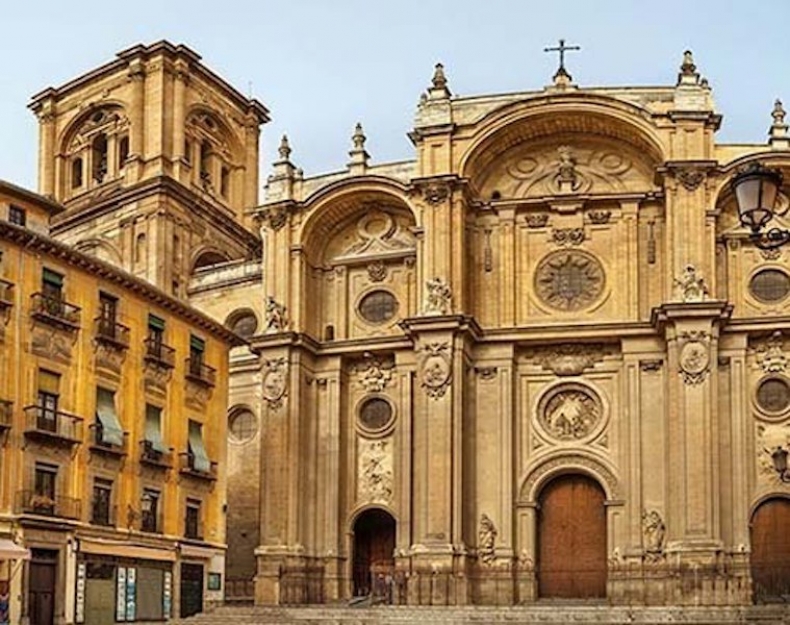Religious Freedom Observatory Denounces Cancellation of Masses

The president of the Observatory for Religious Freedom and Conscience (OLRC) sent a letter to the Minister of the Interior, Fernando Grande-Marlaska, asking for "explanations" and showing her "discomfort" about the suspension of Masses in the course of their celebration that has taken place in different parts of Spain during Lent and Holy Week.
The president of the Observatory also wrote to the president of the Popular Party, Pablo Casado, to request that his parliamentary group ask the government in the Congress of Deputies a question about these measures.
"The state of alarm does allow attendance at religious worship. However, the National Police, some local police and the Mossos have dedicated these days of Holy Week to suspending Masses that were being celebrated with adequate security measures, and even in private homes with the only assistance of the religious people who lived there," explained the president of the OLRC, Maria Garcia.
During these days, she said, "at least" four masses have been cancelled, the last one last Good Friday in the Cathedral of Granada, when the National Police evacuated the church because there were 20 faithful. Although, according to the president of the OLRC, "the safety distance was met" because "in a church like this, thousands could enter".
She also points out that "on 31 March last the Mossos d'Esquadra reported a priest who was celebrating Mass in Valldoreix (Barcelona)" when "there were only five people at the Eucharist, counting the priest"; that "on Friday 3 April the Cadiz Police suspended a Mass in Cadiz, shouting; and that "on Palm Sunday, the Local Police of Seville cancelled a Mass that the Pauline religious were celebrating on their rooftop", when, according to the president of the Observatory, "only members of the community who lived in the same house were present".
Article 11 of the Royal Decree declaring the state of alarm states that "attendance at places of worship and civil and religious ceremonies, including funerals, is conditional on the adoption of organizational measures consisting of avoiding crowds of people, depending on the size and characteristics of the places, in such a way as to ensure that those attending are able to respect the distance between them of at least one meter".
For its part, the Vatican, through a Decree for the Congregation for Divine Worship and the Discipline of the Sacraments, requested that in countries affected by the coronavirus, the celebrations of Holy Week take place "without the presence of the people" and in such a way that the faithful could follow it "live" from home through the media.
"Given that the date of Easter cannot be moved, in countries affected by the disease, where restrictions on meetings and the mobility of people are foreseen, bishops and priests will celebrate the rites of Holy Week without the presence of the people and in a suitable place, avoiding concelebration and omitting the greeting of peace," the decree underlines.
Sources: Ideal, La Voz del Sur, Andalucia Informacion